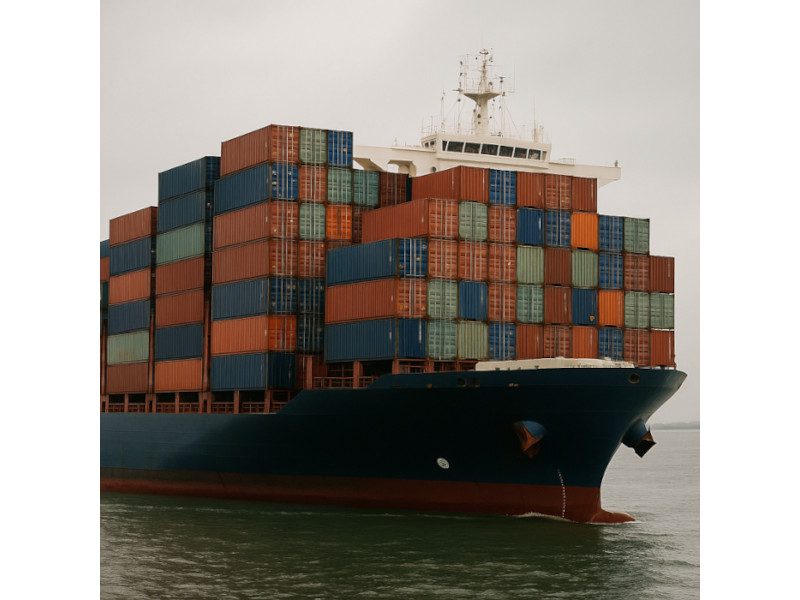UK freight forwarders have welcomed the news that the UK’s Competition and Markets Authority (CMA) will not recommend to the Secretary of State for Business and Trade that the current Consortia Block Exemption Regulation (CBER) be replaced by a UK equivalent when it expires on 25 April 2024.
The CMA conducted a robust analysis of the deep sea container shipping market, investigating several scenarios, and concluded in November 2023 that the conditions did not warrant the continued existence of a CBER for UK maritime movements – the same view had already been reached by the European Commission.
Second opinions were invited by the CMA, and BIFA did provide some additional information to support its original arguments. The CMA has now upheld its original decision concluding that self-assessment is the best and most effective way for shipping lines to co-operate.
Steve Parker Director General of the British International Freight Association (BIFA) says:
“The decision confirms the provisional recommendation made by the CMA in November 2023 and is a sensible conclusion to the ongoing container market public consultation that has been conducted by the CMA since the start of last year.”
In the recent past, the UK’s main trade association for freight forwarding and logistics companies has said that its members are extremely concerned that practices undertaken by container shipping lines, as well as easements and exemptions provided to them, have been distorting the operations of the free market to the detriment of international trade, businesses and consumers.
“Whilst this regulatory change, if implemented, will not end shipping line consortia and alliances, it will allow greater and ongoing scrutiny of such arrangements; and ensure that the lines will be subject fully to competition law. That will be welcomed by BIFA and its members and we call on the Secretary of State for Business and Trade to uphold the Agency’s decision.
“BIFA, and its members, are not anti-shipping line. Members know that shipping lines are essential parties in the global supply chain and hope that this decision will create a suitable balance between shipping lines as carriers, and its members as customers; leading to the creation of a long term, stable and successful deep sea container market that is in the best interest of all who are engaged in international trade.”
Read more news and exclusive features in our latest issue here.
Never miss a story… Follow us on:
International Trade Magazine
@itm_magazine
@intrademagazine
Media Contact
Joseph Clarke
Editor, International Trade Magazine
Tel: +44 (0) 1622 823 920
Email: editor@intrademagazine.com







